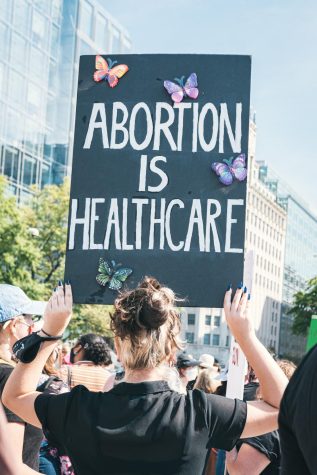Vaccines cause no danger for children
A vial containing the MMR vaccine, right, and another vial containing the diluent used to mix the vaccine, sit on a tray before being loaded into a syringe at the Medical Arts Pediatric Med Group in Los Angeles on Feb. 6, 2015. (Mel Melcon/Los Angeles Times/TNS)
April 26, 2015
If you are concerned about your child getting a vaccine, think again.
In today’s society, many people, especially parents, believe that vaccinating their children can cause many complications and think that vaccines are dangerous.
I believe that this claim is invalid and that actually, vaccines can save lives.
Jen Christensen and Nadia Kounang are both medical producers at CNN who also believe that vaccines cause no danger.
Christensen and Kounang wrote in July 2014,”Children should get vaccinated against preventable and potentially deadly diseases. Period.”
Why would someone not want to protect their children, especially young ones, from diseases that can be prevented? If these diseases can be prevented then there is no reason not to.
In addition, one major concern that parents can have about vaccines is that there are many side effects.
Christensen and Kounang wrote “…evidence strongly suggests that side effects from vaccines are incredibly rare…” In addition, the Center for Disease Control (CDC) has stated that “In most cases, vaccines …cause no side effects, [and] only mild reactions such as fever or soreness at the injection site [can occur].”
In my opinion, having a minor side effect, such as soreness, is much better than getting the disease by not getting the vaccine.
Science teacher Chris Torda has learned about the effects of vaccines through his teaching. He said, “More case studies will show it is safe [to get vaccines]… to prevent these diseases is more important than possibly getting side effects…”
The CDC also stated, “Severe reactions to vaccines occur so rarely that the risk is difficult to calculate.” Even though it may be possible for an allergic reaction, it is very rare. This idea reinforces the fact that parents should have no worries about their children getting severe side effects to vaccines.
Other than general side effects parents are also concerned about autism. The CDC has stated, “No links have been found between any vaccine ingredients and autism.”
Moreover, there has been a lot of research to prove that vaccines are safe. Before any vaccine is approved, it undergoes a lot of testing. This fact should dispel any fear of children getting vaccines.
The CDC stated, “Before vaccines are licensed, the FDA requires testing to ensure safety. This process can take 10 years or longer.”
If in fact a vaccine does cause any harm, it will immediately be taken care of. The CDC states,” If researchers find a vaccine may be causing a side effect, the CDC and FDA will initiate appropriate action … [which includes] withdrawing recommendations for the use of the vaccine, or revoking the vaccine’s license.”
The CDC also described its partnership with the Food and Drug Administration (FDA). The CDC stated,
“Once a vaccine is in use, the CDC and FDA monitors [the vaccines’] adverse events…through the Vaccine Adverse Event Reporting System (VERAS), any hint of a problem with a vaccine prompts further investigations by the CDC and FDA.”
I believe this is strong proof that vaccines are safe. In the event that a vaccine that was released was not safe, it would already not be in use by now, because the CDC and FDA monitor it very closely.
Finally, children who do not get vaccines often face many conflicts. One of those conflicts is that many schools usually require a record of vaccines or encourage parents to have their child get vaccines.
Torda said, “It isn’t illegal [to go to school without vaccines], everyone is allowed public education, but I think schools take precautions to get children vaccinated and communicate with parents [about vaccinations] to promote general health [of students].”
Christensen and Kounang wrote, “An editorial…calls vaccines ‘one of the most successful public health achievements of the 20th century’”.
Torda agrees that vaccines cause no harm. He said, “…I think it has been proven over the years vaccines work and immunizations improve health, not only for individuals but for society.”









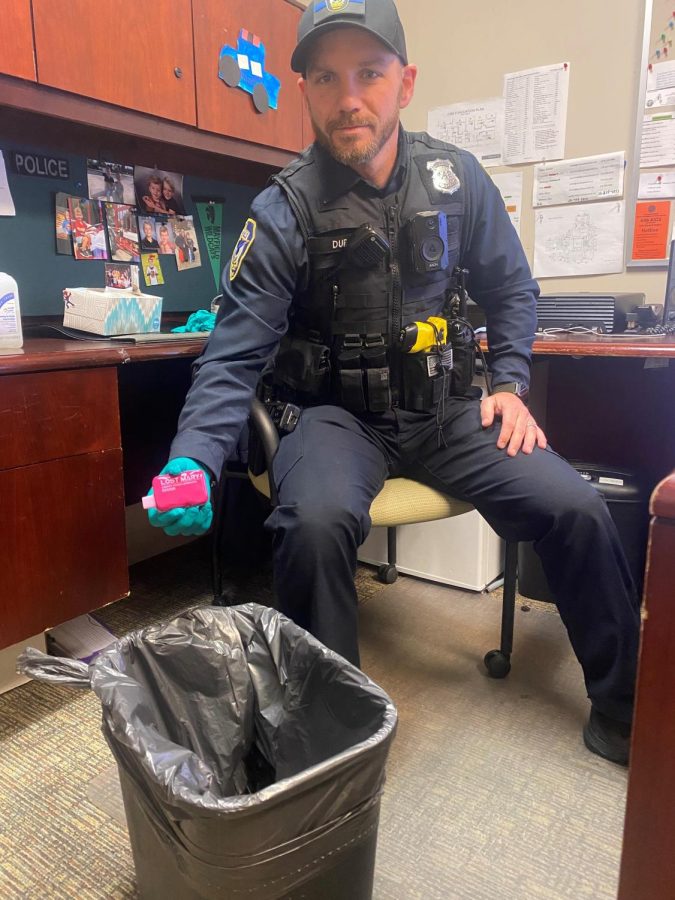
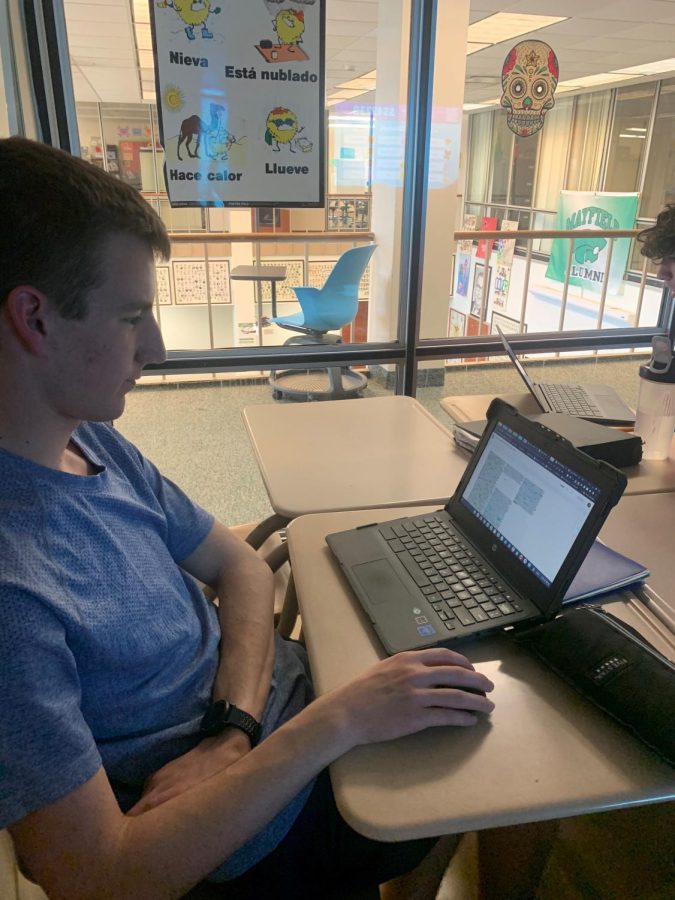




![Russian president Vladimir Putin took action to invade Ukraine on Feb. 24. According to the PBS Frontline episode Putins Revenge, Putin is obsessed with his image and how he and his countrys actions are portrayed. The Atlantics Julia Ioffe said, [Putin] watches tapes of the evening news over and over and over again to see how he’s portrayed, to see how he looks.](https://pawprintnews.org/wp-content/uploads/2022/04/putin-5277284_1920-900x596.jpg)




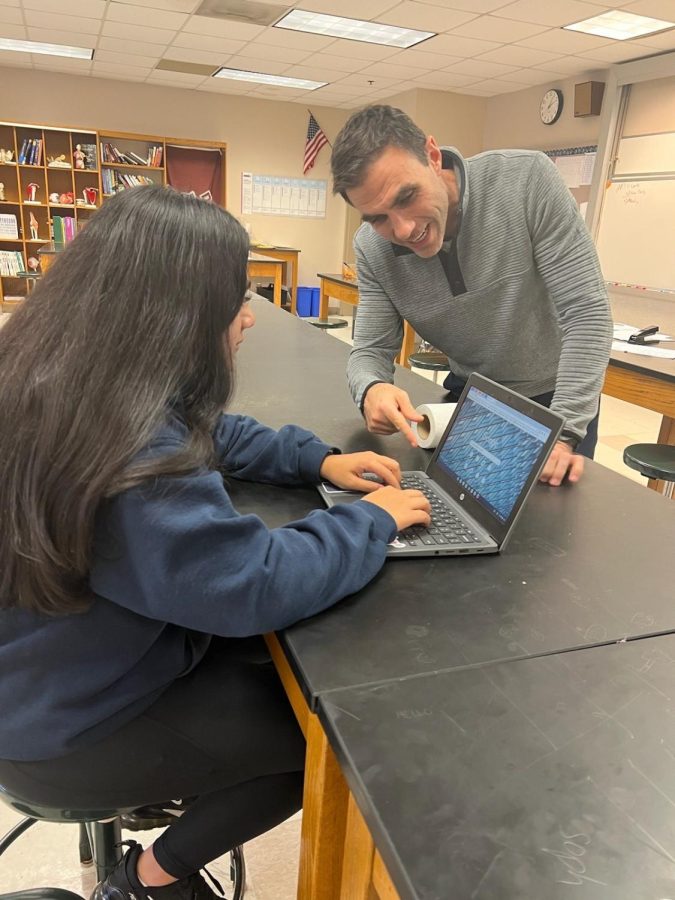


































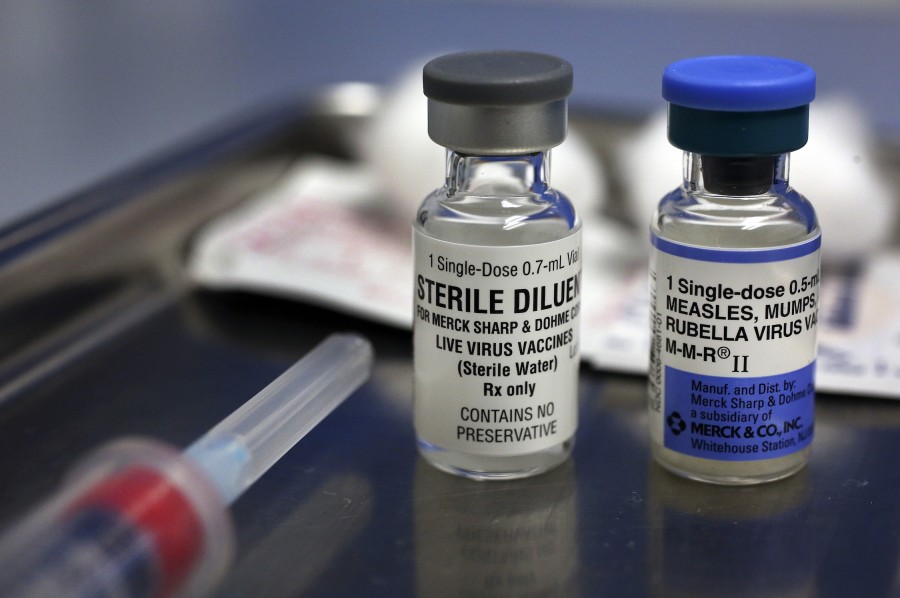


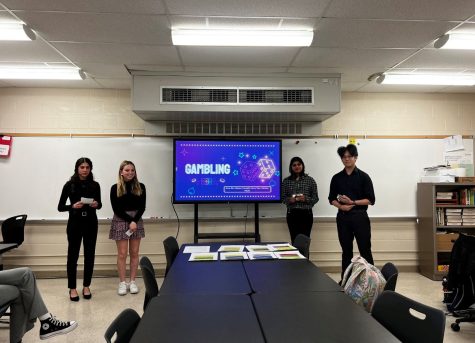


![Russian president Vladimir Putin took action to invade Ukraine on Feb. 24. According to the PBS Frontline episode Putins Revenge, Putin is obsessed with his image and how he and his countrys actions are portrayed. The Atlantics Julia Ioffe said, [Putin] watches tapes of the evening news over and over and over again to see how he’s portrayed, to see how he looks.](https://pawprintnews.org/wp-content/uploads/2022/04/putin-5277284_1920-475x315.jpg)
